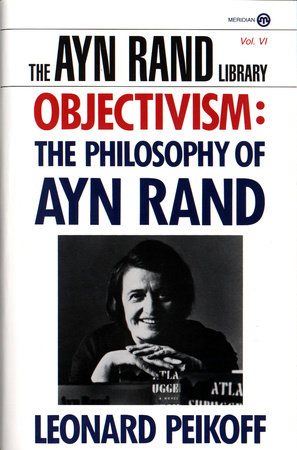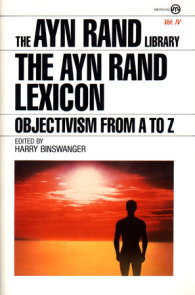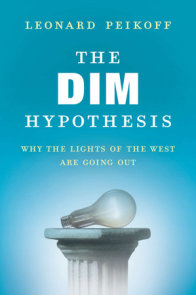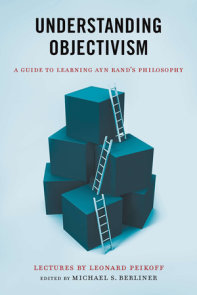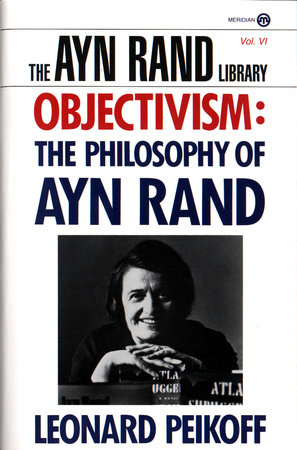

Objectivism
By Leonard Peikoff
By Leonard Peikoff
By Leonard Peikoff
By Leonard Peikoff
Part of Ayn Rand Library
Part of Ayn Rand Library
Category: Philosophy | World History
Category: Philosophy | World History

-
$22.00
Dec 01, 1993 | ISBN 9780452011014
-
Dec 01, 1993 | ISBN 9781101147542
YOU MAY ALSO LIKE

The White Man’s Indian

Communism

Trilobite
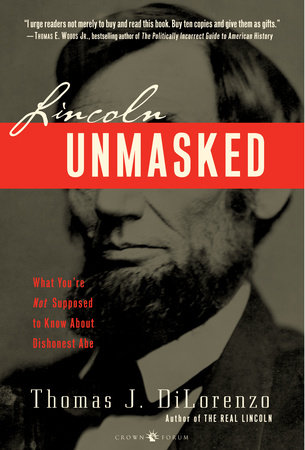
Lincoln Unmasked

The New Cool
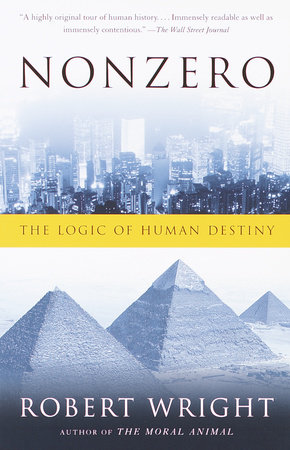
Nonzero

A Short History of Humanity

African Kaiser

The Ark Before Noah
Praise
“A revelation…Peikoff is an extraordinary communicator…He brings the most difficult intellectual ideas within the grasp of the general reader.”—Detroit Free Press
Praise for Leonard Peikoff
“Offers a truly revolutionary idea…The book is clear, tight, disciplined, beautifully structured, and brilliantly reasoned. Its style is clear and hard as crystal—and as sparkling… As to my personal reaction, I can express it best by paraphrasing a line from Atlas Shrugged: ‘It’s so wonderful to see a great, new, crucial achievement which is not mine!’”—Ayn Rand
“Extraordinarily perceptive…frightening insights…Everyone concerned with the collectivist trend in today’s world should read this book.”—Alan Greenspan
“A fascinating weave of German history, philosophic determinism, and Objectivist polemic.”—Chicago Tribune
Table Of Contents
Objectivism: The Philosophy of Ayn Rand – Leonard Peikoff Acknowledgements
Preface
Chapter 1: Reality
Existence, Consciousness, and Identity as the Basic Axioms
Causality as a Corollary of Identity
Existence as Possessing Primacy over Consciousness
The Metaphysically Given as Absolute
Idealism and Materialism as the Rejection of Basic Axioms
Chapter 2: Sense Perception and Volition
The Senses as Necessarily Valid
Sensory Qualities as Real
Consciousness as Possessing Identity
The Perceptual Level as the Given
The Primary Choice as the Choice to Focus or Not
Human Actions, Mental and Physical, as Both Caused and Free
Volition as Axiomatic
Chapter 3: Concept-Formation
Differentiation and Integration as the Means to a Unit-Perspective
Concept-Formation as a Mathematical Process
Concepts of Consciousness as Involving Measurement-Omission
Definition as the Final Step in Concept-Formation
Concepts as Devices to Achieve Unit-Economy
Chapter 4: Objectivity
Concepts as Objective
Objectivity as Volitional Adherence to Reality by the Method of Logic
Knowledge as Contextual
Knowledge as Hierarchical
Intrinsicism and Subjectivism as the Two Forms of Rejecting Objectivity
Chapter 5: Reason
Emotions as a Product of Ideas
Reason as Man’s Only Means of Knowledge
The Arbitrary as Neither True nor False
Certainty as Contextual
Mysticism and Skepticism as Denials of Reason
Chapter 6: Man
Living Organisms as Goal-Directed and Conditional
Reason as Man’s Basic Means of Survival
Reason as an Attribute of the Individual
Chapter 7: The Good
“Life” as the Essential Root of “Value”
Man’s Life as the Standard of Moral Value
Rationality as the Primary Virtue
The Individual as the Proper Beneficiary of His Own Moral Action
Values as Objective
Chapter 8: Virtue
Independence as a Primary Orientation to Reality, Not to Other Men
Integrity as Loyalty to Rational Principles
Honesty as the Rejection of Unreality
Justice as Rationality in the Evaluation of Men
Productiveness as the Adjustment of Nature to Man
Pride as Moral Ambitiousness
The Initiation of Physical Force as Evil
Chapter 9: Happiness
Virtue as Practical
Happiness as the Normal Condition of Man
Sex as Metaphysical
Chapter 10: Government
Individual Rights as Absolutes
Government as an Agency to Protect Rights
Statism as the Politics of Unreason
Chapter 11: Capitalism
Capitalism as the Only Moral Social System
Capitalism as the System of Objectivity
Opposition to Capitalism as Dependent on Bad Epistemology
Chapter 12: Art
Art as a Concretization of Metaphysics
Romantic Literature as Illustrating the Role of Philosophy in Art
Esthetic Value as Objective
Epilogue: The Duel Between Plato and Aristotle
References
Index
21 Books You’ve Been Meaning to Read
Just for joining you’ll get personalized recommendations on your dashboard daily and features only for members.
Find Out More Join Now Sign In






